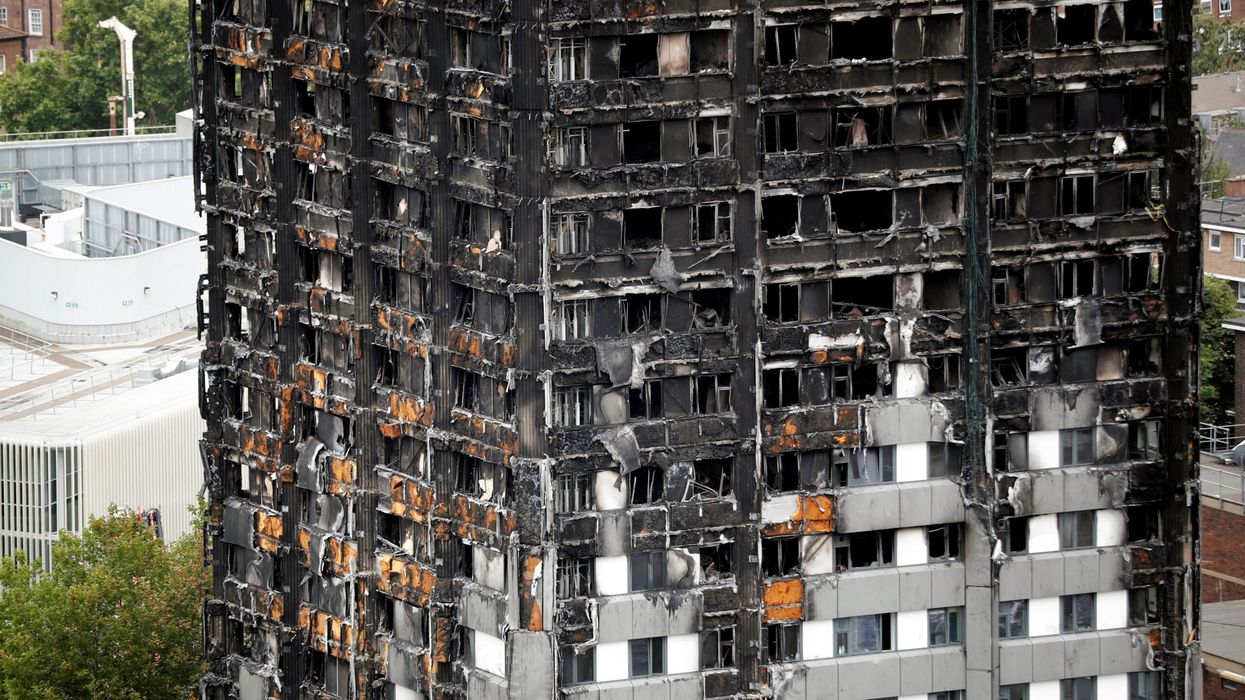THE architecture firm responsible for the refurbishment of Grenfell Tower, which was wrapped in flammable cladding leading to the 2017 disaster, has been prevented from closing down due to ongoing investigations.
Studio E, which has been in liquidation for over four years, remains open as authorities continue to examine the fire that claimed 72 lives, according to The Times.
A public inquiry this week held Studio E significantly accountable for the tragedy, pointing to its involvement in selecting materials and a failure to meet fire safety standards.
The inquiry noted the firm's “cavalier attitude” toward safety regulations. Sir Martin Moore-Bick, who led the inquiry, criticised the construction industry for “systematic dishonesty” and also pointed out a lack of political action over safety warnings.
Studio E, which led the design for Grenfell’s refurbishment, went into voluntary liquidation in May 2020 but has not been fully dissolved, the newspaper reported. A corporate filing earlier this year stated that the firm’s closure depends on the inquiry’s findings.
The Metropolitan Police have announced they will review the inquiry’s conclusions over the next 18 months before submitting files to prosecutors.
Potential charges include corporate manslaughter, which could result in fines of up to £20 million. Legal experts, however, suggest that prosecuting liquidated companies may have limited financial benefit.
Moore-Bick’s report also found that Studio E and other contractors involved in the refurbishment had taken a “casual approach” to fire safety, reported The Times.
Andrzej Kuszell, a founding director of Studio E, expressed regret during the inquiry, stating that the tragedy might have been avoided had they better understood the building regulations.
Bruce Sounes, the managing architect, was also criticised for failing to meet the standards of a competent architect.
The criminal investigation remains ongoing, with authorities assessing the possibility of both corporate and individual prosecutions.




